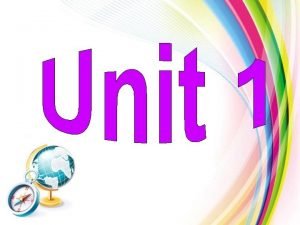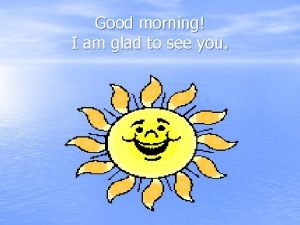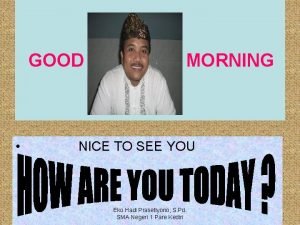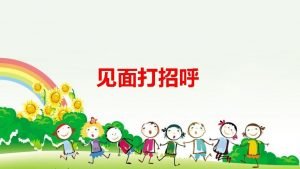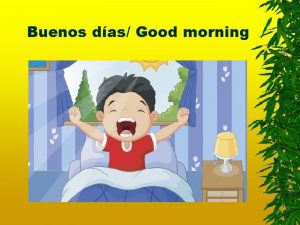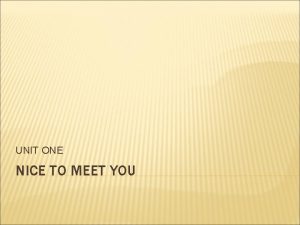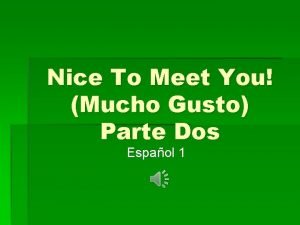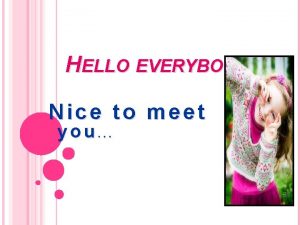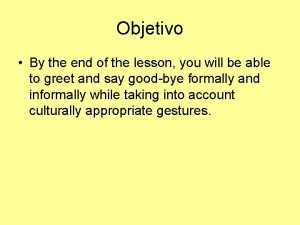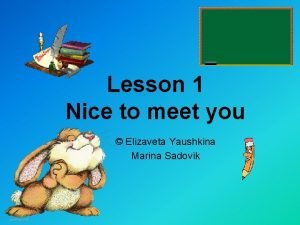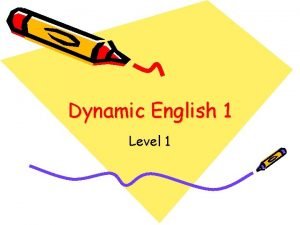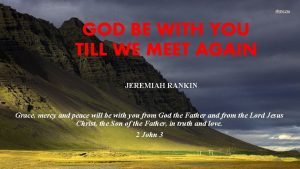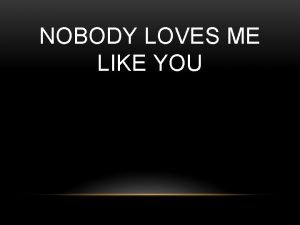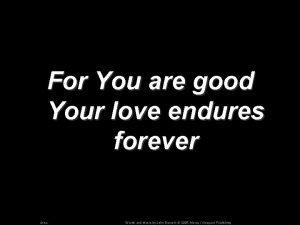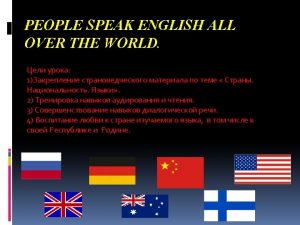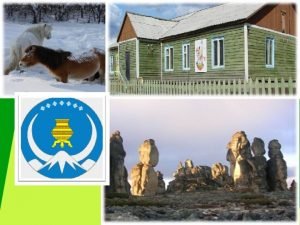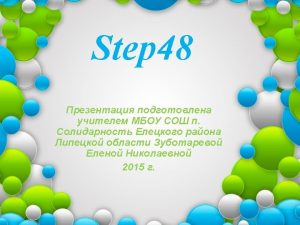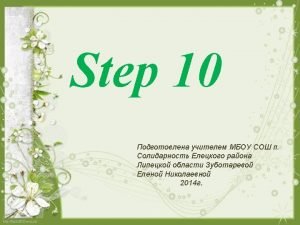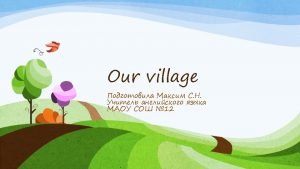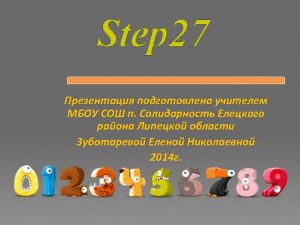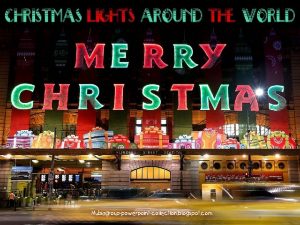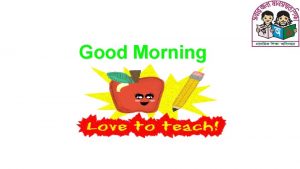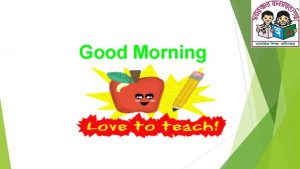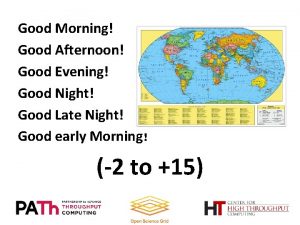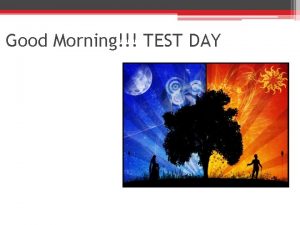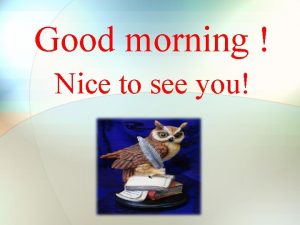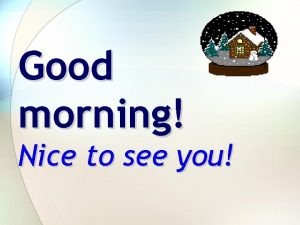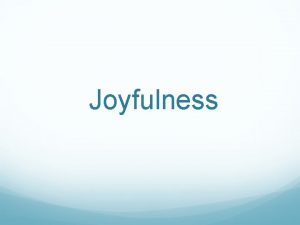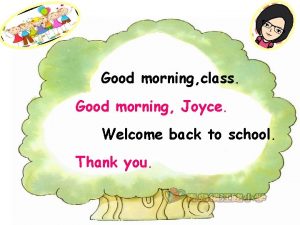Good morning Nice to meet you How are

























- Slides: 25


Good morning! Nice to meet you. How are you?

Here we read and write, and draw and count, And then we play and run about. And we make friends, and learn together, And then we play in sunny weather.

What is this poem about? How do you think, what is the topic of our lesson? The topic of our lesson is «Schools in England» .


English Education Primary School 5 -11 years old Secondary School 11 -16 years old Sixth Form College 16 -18 years old University 18+ years old

Make up mini stories Fiona - 13 Tim - 9 Bill - 23 Betty - 17


Agree or disagree. 1. English children leave school at the age of five. 2. English school never begins on Mondays. 3. Lessons in primary school usually begin at nine. 4. Lessons usually over at three. 5. English children sometimes have lessons on Saturday. 6. At the age of five children go to infant school. 7. Schools in England have numbers. 8. Infant lessons are formal. 9. Junior schools are real schools. 10. When children are 10 they go to junior school.

• Look left, look right • Look up, look down • Look around. • Look at your nose • Look at that rose • Close your eyes • Open, wink and smile. • Your eyes are happy again.

P A R N E T C A N D I N L U I R A F T M S S I A S T T I U H C D S Y S H M U G T E R E N

What’s the timetable? • 1) 8. 00‐ 8. 40 En _ li_ _ • 2) 8. 50‐ 9. 30 M _ _ h _ • 3) 9. 40‐ 10. 20 S _ _ _n _ e • 4) 10. 30‐ 11. 10 H i _ _ o _ _ • 5) 11. 20‐ 12. 00 A _ _ • 6) 12. 10‐ 13. 00 PE ( p _ _ sic _ _ e _ _ ca _ _)

Funny riddles

This word has three syllables, but contains twenty-six letters? Alphabet

It is not a tree, but has leaves; It is not a dress, but is sewn together; It has no tongue, but can tell you a story. A book

It looks like a ball, It stands on its leg and does not fall. You like to turn it round, Countries, mountains, lakes are found. A globe

This table has no legs, but has many subjects. A time-table

The teacher writes on me with a chalk I have black face, I cannot talk. A blackboard

I am used to draw lines with, I am long and very thin. On my face black figures shine. Try, you can my name define. A ruler

This little traveler is very strong. He can run a thousand miles. Before he starts, he takes off his hat. When he rests, he puts it on. A pen

Our little John Has a wooden jacket on And a long sharp nose. He leaves his mark Wherever he goes. A pencil

You keep it in your schoolbag. It can show you learn your lessons Your day-book

What do pupils learn to do at school? Lessons

Cinquain School Primary, Secondary, Russian Count, read, write A place where children learn Second home

Thank you!!!
 Hello good morning what's your name jenny and you
Hello good morning what's your name jenny and you Glad to see you anton
Glad to see you anton Hello good afternoon teacher
Hello good afternoon teacher Mikael ferm
Mikael ferm Eko supriyanto hadi
Eko supriyanto hadi Good morning, class!
Good morning, class! Hello teacher good afternoon
Hello teacher good afternoon Good morning welcome to class
Good morning welcome to class You are good when there's nothing good in me
You are good when there's nothing good in me Hi, good afternoon!
Hi, good afternoon! Hello teacher good afternoon
Hello teacher good afternoon A: nice to meet you b:
A: nice to meet you b: Nice to meet ya mucho gusto
Nice to meet ya mucho gusto Nice to meet you mucho gusto song
Nice to meet you mucho gusto song Nice to meet you everybody
Nice to meet you everybody Nice to meet you poem
Nice to meet you poem Hello pleased to meet you
Hello pleased to meet you Que significa nice to meet you
Que significa nice to meet you Nice to meet you lesson
Nice to meet you lesson Nice to meet you lesson
Nice to meet you lesson Nice to meet you what's your name
Nice to meet you what's your name Nice to meet you everyone
Nice to meet you everyone Tom hello good morning hello good
Tom hello good morning hello good God be with you till we meet again images
God be with you till we meet again images No one loves me
No one loves me You are good and your love endures
You are good and your love endures
